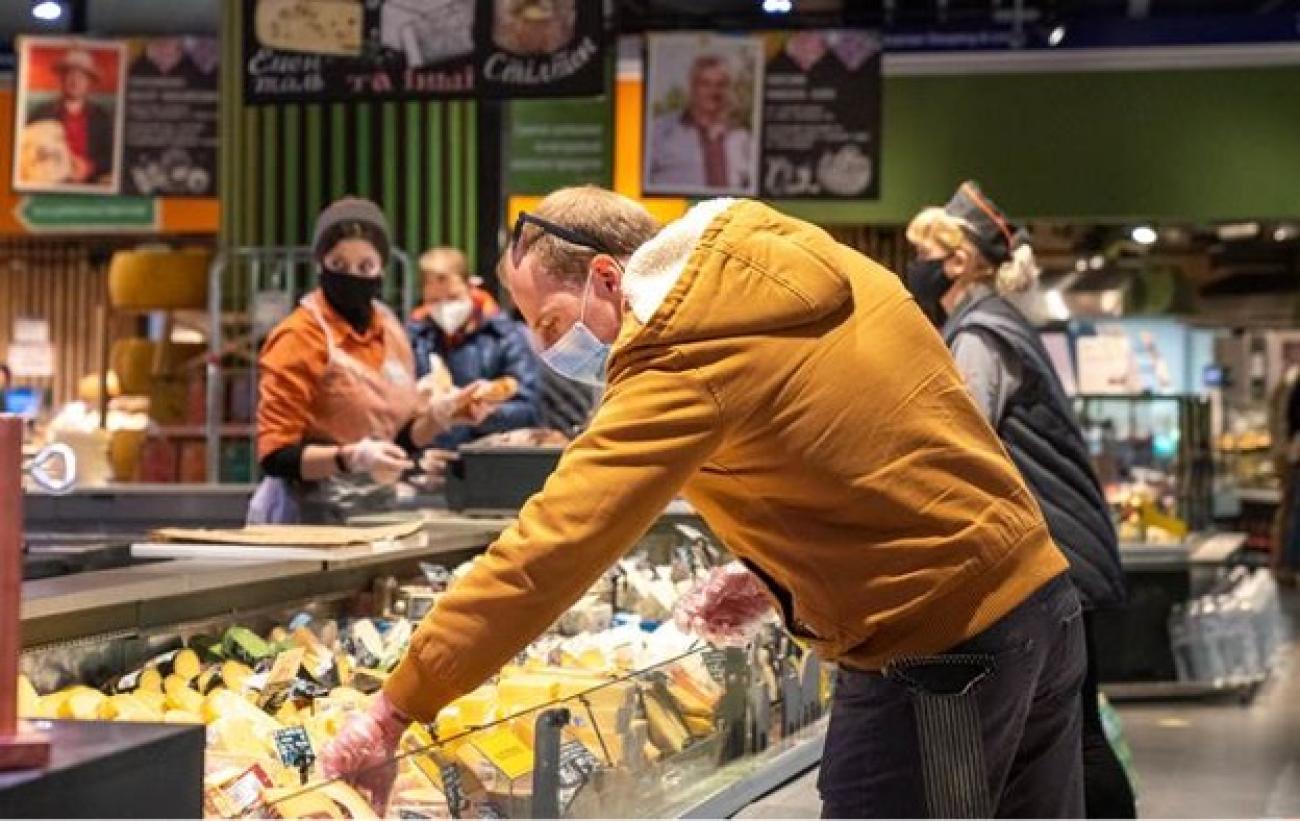Lifting lockdowns – what next for food systems?

As countries ease lockdown measures, a new set of challenges emerges for food production, processing, and logistics of supply chains.
As countries ease lockdown measures, a new set of challenges emerges for food production, processing, and logistics of supply chains. Some of these can provide opportunity for growth, given that policymakers and value chain actors play their part. To mitigate COVID-19 impacts and to open new opportunities, countries need practical solutions on a range of issues including food supply, food and nutrition security, trade, and markets.
The FAO webinar “Lifting lockdowns – what next for food systems?” served as a platform for information sharing among countries and partners to address impacts of COVID-19 and challenges in the food and agriculture sector of Europe and Central Asia. Ukraine was represented by Taras Kachka, Deputy Minister for Development of Economy, Trade and Agriculture – Trade Representative of Ukraine.
To monitor consequences of the pandemic on food and agriculture, FAO has consulted over 40 countries in the recent months, told Vladimir Rakhmanin, FAO Assistant Director-General and Regional Representative, in the webinar’s opening remarks.
Considering that consequences will likely remain for the midterm, highlighting the need for preparedness, Rakhmanin emphasized the importance of sharing practices and mutual learning. “FAO is committed to achieving the Sustainable Development Goals and the 2030 Agenda and to piloting innovative approaches to overcome the threats,” he concluded.
FAO chief economist Maximo Torero shed light on how the current crisis is different from the previous ones. As he underlined, currently, the biggest problem is people’s hampered access to food, and that the proper functioning of international markets should be ensured. Torero also touched upon how food consumption has changed since the pandemic and the lockdown hit and gave projections on the future of food and agriculture, including e-commerce, robotics, and automatization.
"The problem that we are foreseeing is food access, not food availability. We need to identify opportunities from this crisis, where we can make a difference, solving problems that we didn’t had before,” Torero added.
“Our approach is to coordinate internal policies between all stakeholders and ensure stability in regional trade. One of the biggest successes for Ukraine during the crisis has been the capacity to maintain agricultural operations as close to the normal situation as possible,” noted Taras Kachka, Deputy Minister for Development of Economy, Trade and Agriculture – Trade Representative of Ukraine. “We never limited the export of cereals, the only measure taken was a ban on the export of buckwheat, until 1 July 2020”.
See the whole webinar HERE.





